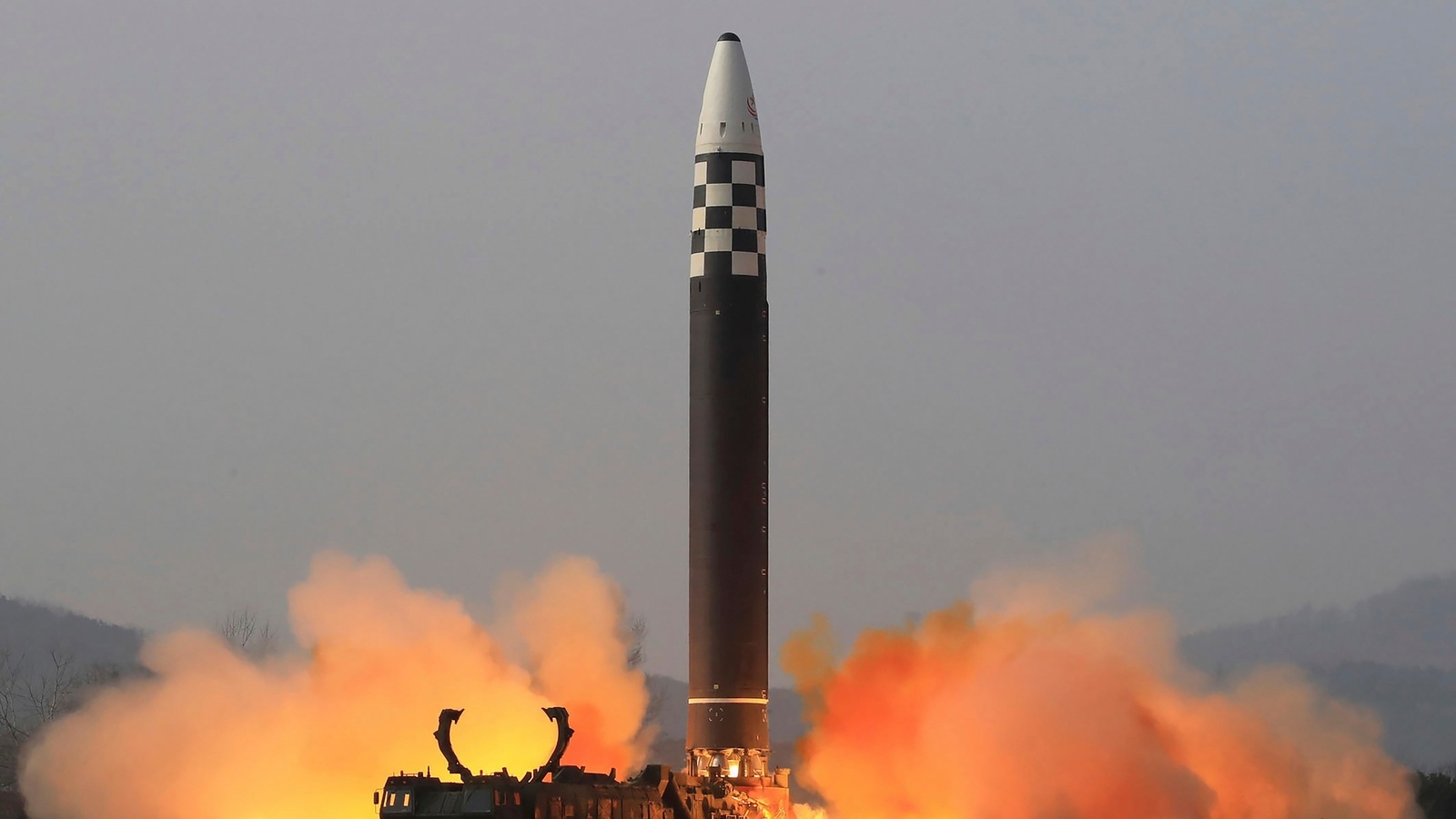Satellite images reveal China testing anti-ship ballistic missiles in remote deserts
New satellite images reveal that China has been honing its ship-killing skills for potential future conflicts, and the targets are meant for testing ballistic missiles.

New satellite images reveal that China has been honing its ship-killing skills for potential future conflicts on new target sites in Xinjiang's remote Taklamakan Desert, and the targets are meant for testing ballistic missiles.
According to the satellite photos, a string of large-scale target ranges are seen that runs along the eastern edge of the desert. All the factors such as the nature, location, and strikes on these sites suggest that the targets are meant for testing ballistic missiles.
These hypersonic anti-ship ballistic missiles (ASBMs) are an increasingly significant threat to warships, reported United States Naval Institute (USNI).
China is known to have been developing several ASBMs. Two types, the DF-21D and DF-26 are land-based. Another type, designation unknown, is carried by the H-6 bomber. And there is now confirmation that the Type-055 Renhai Class cruiser can launch a smaller one, provisionally identified as the YJ-21.
Chinese People's Liberation Army has been conducting mock military drills to tackle potential future conflicts on new targets like these remote deserts. In research into aircraft carrier targets, the information about these new targets was revealed.
This new target was discovered as part of the research, which had been found by All Source Analysis (ASA) with more details revealed by high-resolution satellite imagery from Maxar Technologies.
Damien Symons, an independent defense analyst found that another similar naval base target about 190 miles southwest. This location was built in December 2018 but had escaped notice until now.
The pier layout is similar to the destroyer-like site, and it also includes ship targets, with one in the same place as the latest target. Damien Symon said that there are signs of sophisticated targeting.
"The layout of the targets is very calculated," he said. "The orientations, shapes, and sizes are consistent across multiple targets. There is nothing haphazard about these sites," as per the outlet.
The targets appear to be shaped by laying metal sheets on the ground. "This is a different material to the piers and buildings" Symon adds. "It may reflect heat or radar differently, this also might give us an indication of the complex systems and effort behind these experiments."
The Chinese missiles may use infrared, optics, or radar to form a picture of the target. They could then adjust their trajectory by tiny amounts to land exactly on the target.
Catch all the Latest Tech News, Mobile News, Laptop News, Gaming news, Wearables News , How To News, also keep up with us on Whatsapp channel,Twitter, Facebook, Google News, and Instagram. For our latest videos, subscribe to our YouTube channel.































